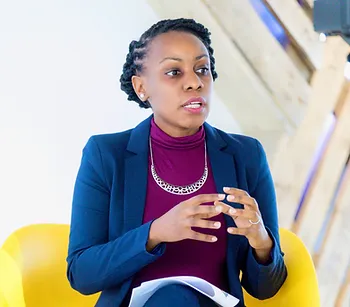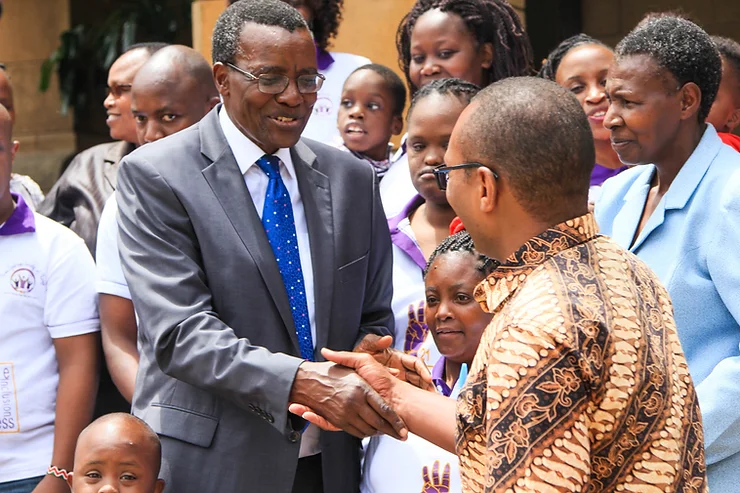
Down but not out: A chromosome 21 story
When Eric Madete and his wife welcomed their baby in to this world 19 years ago, all seemed well until their child developed complications. While they consistently went to their physician for treatment, it is only their surgeon who recognized that their child had Down Syndrome. To help cope with their child’s condition, Eric and his wife were referred to a support group for parents with children with disabilities. Although these sessions were useful, the couple felt the need to fill the gap and provide support for parents and caregivers of children with Down Syndrome. It is at this point that Eric, together with other parents, founded ‘Down Syndrome Society of Kenya.’

Down Syndrome Society of Kenya
Down Syndrome Society of Kenya (DSSK) is a registered non- profit disabled persons Organisation, working for the rights and welfare of persons living with Down syndrome. The society was registered in 2003 under the Society’s Act, and in 2013 with National Council for persons with Disability (NCPWD). Membership of the society comprises of those affected by Down Syndrome, including parents, siblings and any interested person. DSSK, conducts research, advocacy and public information campaigns to raise awareness and educate the society on the condition which has been misconceived especially in Africa.
‘In some communities in Africa, Down Syndrome is still seen as a product of witchcraft, sin and a communicable disease. As a result, stigma against persons with Down Syndrome has grown.’Notes, Eric Madete
Although Down Syndrome is associated with intellectual and developmental symptoms such as delayed learning and speech problems, adults with Down Syndrome are able to thrive in inclusive societies.
To support their awareness campaigns, DSSK regularly conduct trainings among doctors, teachers, religious leaders and other professionals on recognition of persons with Down Syndrome. They are currently finalizing a curriculum to educate members of the judiciary on handling cases involving people with Down Syndrome.
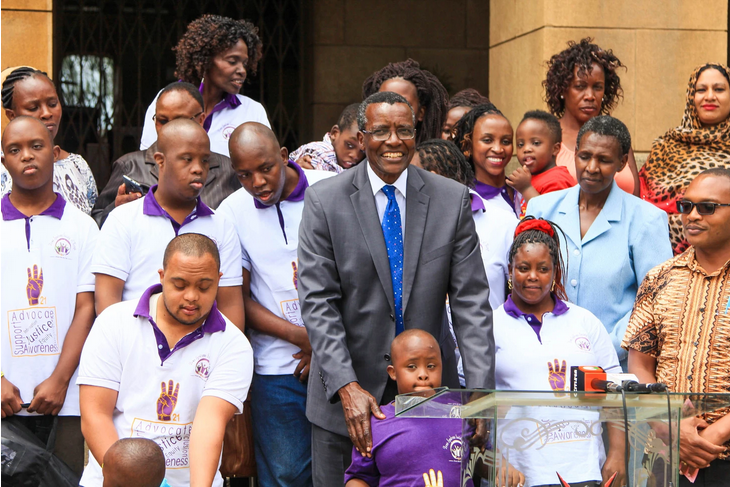
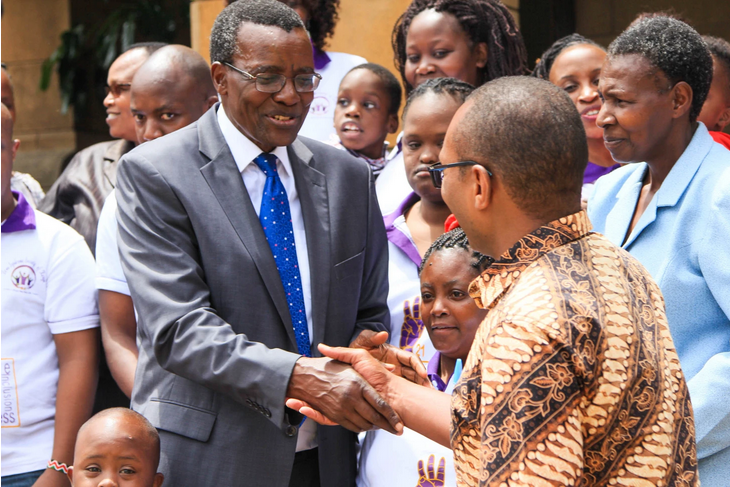
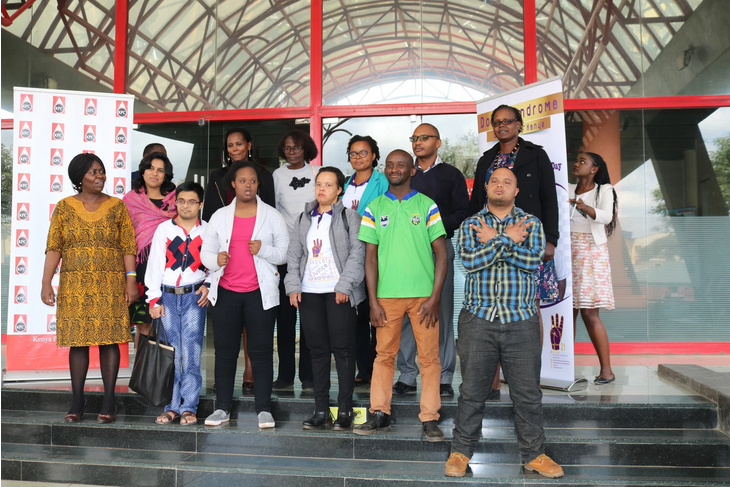
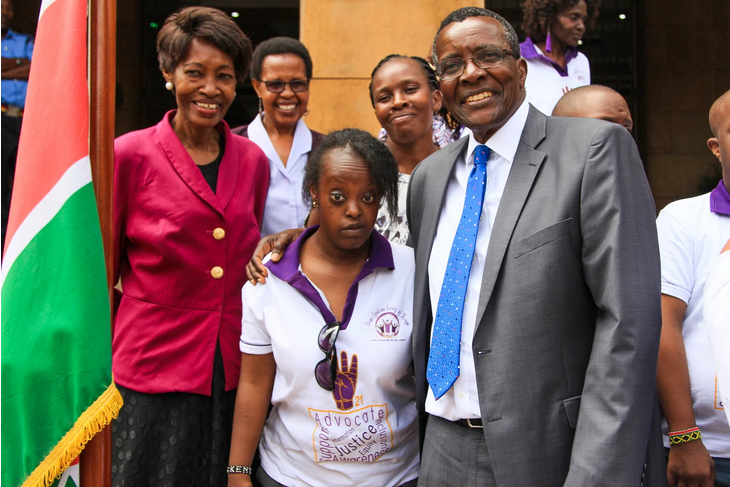
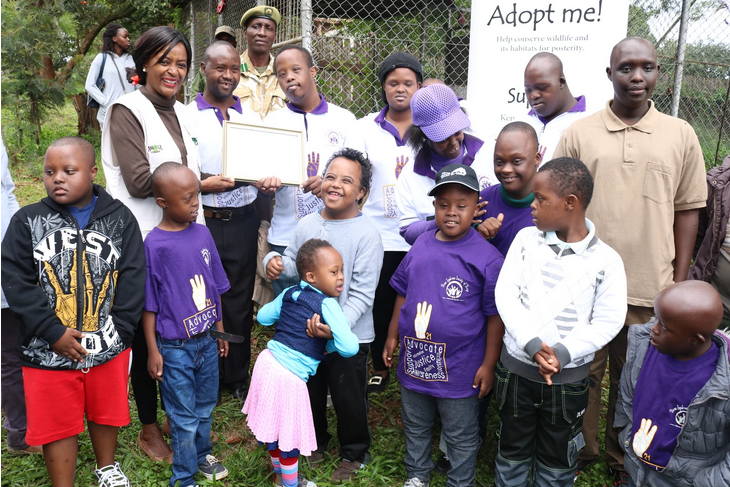
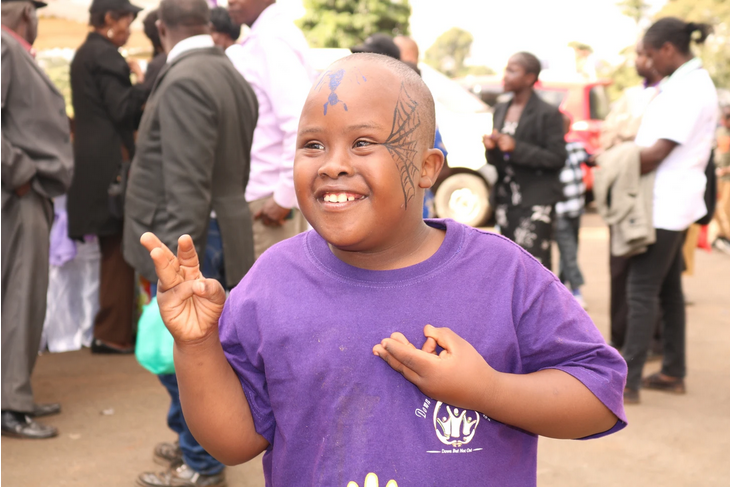
Facts about Down Syndrome
Down syndrome is a condition in which a person has an extra chromosome. Whereas, a baby is born with 46 chromosomes, babies with Down syndrome have an extra copy of one of these chromosomes, known as chromosome 21. This extra chromosome changes how the baby’s body and brain develop, which can cause both mental and physical challenges for the baby. Common physical characteristics of Down Syndrome include: Short neck, flattened facial profile and nose, small head, ears and mouth and upward slanting eyes.
World Down Syndrome Day is recognized on March 21 each year.
Down Syndrome and the Sustainable Development Goals
Persons with Down Syndrome are represented under The UN Convention on the Rights of Persons with Disabilities(CRPD), which provides legal framework to advocate for the rights of persons with disabilities. The CRPD covers 15 of the 17 SGD’s including: SGD 3 (Good health and well-being), SGD 4 (Quality education), SGD 10 (Reduced inequalities) and SGD 16 (Peace, Justice and strong institutions).
Contact DSSK
Down Syndrome Society of Kenya can be reached on:
TEL: +254 712321321/ 713321321


